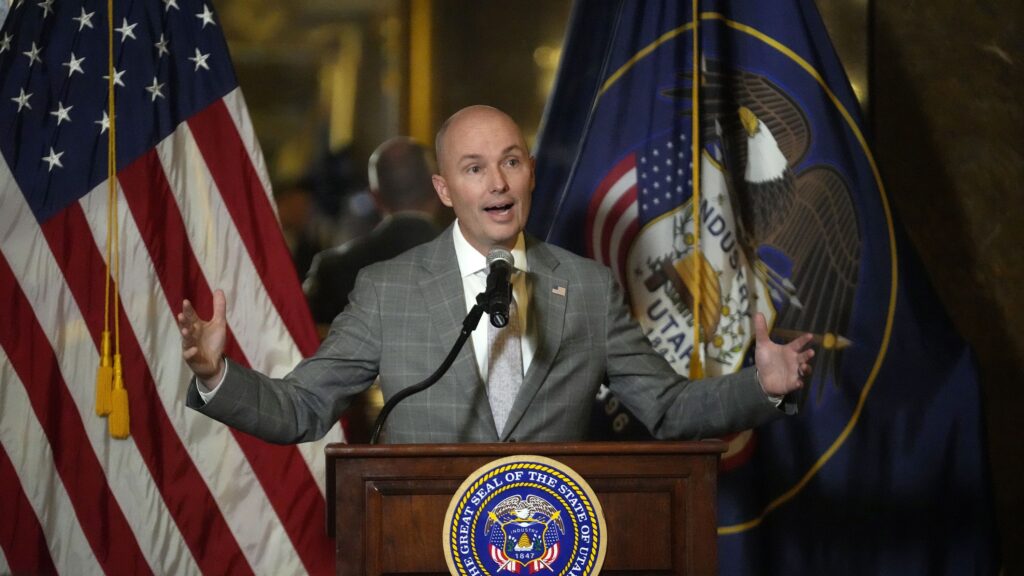SLOAN | A little local help for friends in Taiwan


Last week Taiwan’s ambassador to the United States, Bi-Khim Hsiao, made a trip to Denver. As amiable, well-educated, and well-informed as you would expect a diplomat of her stature to be, Ambassador Hsiao joined a delegation from Taiwan, led by the nation’s Political Deputy Minister of Education, Dr. Mon-Chi Lio, attending the annual conference and expo of NAFSA, the Association of International Educators.
The Taiwanese were on hand to demonstrate their commitment to international education, and also to sign Memorandums of Understanding with 10 American universities establishing partnerships with Taiwanese universities for a Mandarin language education initiative called the Taiwan Huayu Bilingual Exchanges of Selected Talent (BEST) Program (“Huayu” is among the several names used for “Mandarin Chinese).”
Educational partnerships may not seem like all that great of a deal on the geopolitical scale, but any official international cooperation takes on a grander meaning when it involves Taiwan, given the aggressive and ongoing diplomatic and economic offensive Taiwan faces from Communist China. The People’s Republic of China has been increasingly bellicose in their attempts to exclude Taiwan from international agreements, organizations, trade deals and the like, hoping to keep the little island nation isolated.
There are other reasons, I wager, that the Ambassador chose to come to Denver. Taiwan needs all the friends it can get – the United States, despite some official equivocation from time to time, remains their best friend, and Colorado enjoys an especially strong relationship. Taiwan moved the regional hub of the Tapiei Economic and Cultural Office – the equivalent of what would be a consulate had Jimmy Carter not kicked all the diplomats out back in 1979 – from Kansas City to Denver in 2015, and both the previous Director General Jerry Chang and the current one, Bill Huang, have been prominent in Colorado’s governmental and business circles.
Former Republican Sen. Cory Gardner was a particularly good friend to Taiwan. As chair of the Senate Foreign Relations Committee’s subcommittee on East Asia and the Pacific, Gardner did more than just draw personal insults from North Korean lunatic-in-chief Kim Jong Un. Gardner was unflagging in his vigorous support for Taiwan, and visited the country several times, building on an already strong economic and cultural relationship.
How strong? Well, in 2020, Taiwan, a country of just more than 23 million people, was Colorado’s 10th largest export market, valued at $202 million, including such goods as machine tools and components and agricultural products. According to the Colorado Department of Agriculture, Taiwan is Colorado’s sixth-largest market for farm goods, adding up to more than $80 million, mostly meat and other animal products. Taiwan is also the state’s fifth-largest import market. This, without even being part of an official trade agreement.
It was an interesting coincidence that the Ambassador’s visit happened to come between the occurrence of two rather significant developments in Taiwan-United States relations. The most recent was the announcement by the U.S. Trade Representative’s office of a new pact with Taipei to enter into trade talks. An official trade agreement with Taiwan would annoy the living hell out of the regime in Beijing, and is worth pursuing for that reason alone. But as a more practical economic matter, it is worth noting that Taiwan currently produces the bulk of the worlds most sophisticated semiconductors – by “bulk” I mean about 92% – with much of the rest made in China. In turn, Taiwan accounts for 45% of U.S. exports of semiconductor manufacturing equipment. That’s about as symbiotic as economic relationships get.
Of course, there is a moral element as well; Taiwan is a bulwark of democracy and political and economic freedom, perennially under existential threat from Red China, which continues with a puerile and deranged petulance to view Taiwan as a renegade province to be yanked back inside the wire, glaring at it menacingly across the Formosa Strait with the same envious malice with which it once glared at Hong Kong.
Which makes the first development all the more important; in late May, President Biden said publicly, for the third time, that the U.S. would, unequivocally, defend Taiwan in the event of a Chinese invasion. Now, President Biden is not exactly renowned for his clarity of thought and speech; nevertheless, two statements by a President may be a coincidence – a third is policy.
It’s not exactly an international-relations sea change – U.S. policy has always been implicit in our defense of Taiwan – but the rhetorical change is certainly welcome, and I hope the President means it. Because Colorado cannot afford to lose a friend like Taiwan.
Kelly Sloan is a political and public affairs consultant and a recovering journalist based in Denver.












